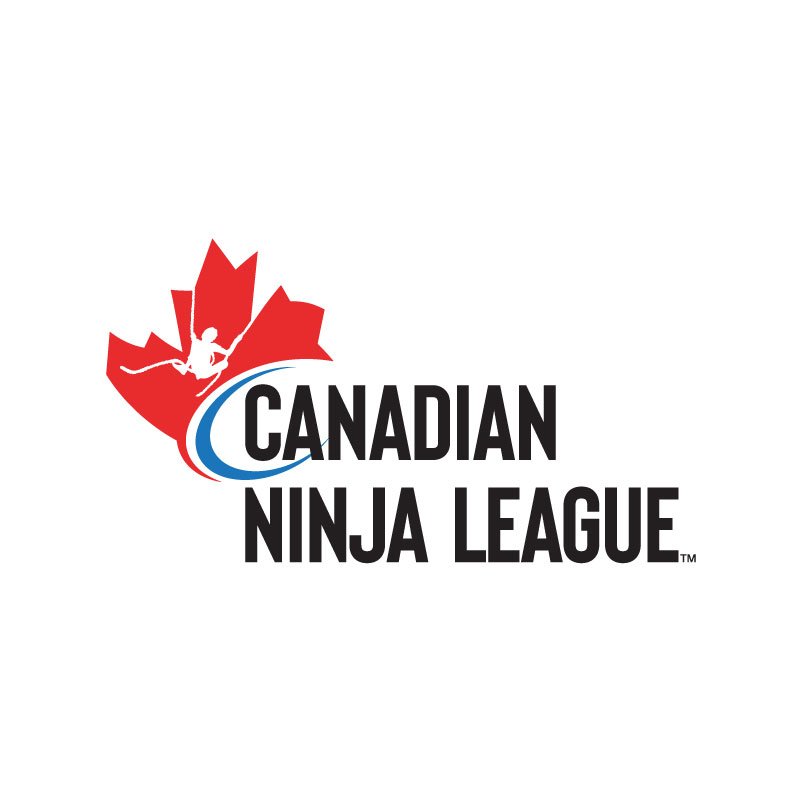Code of Conduct
Introduction.
Individuals participating with the CNL must act as model citizens and uphold a Standard of Excellence and Sportsmanship. In addition, individuals must conform to the standards listed below in both the Criminal Acts, Convictions, and Registries section as well as the Other Conduct section.
Standard of Excellence and Sportsmanship.
In order to adhere to this standard of excellence, individuals must not:
Use vulgar or profane language
Engage in conduct that could reasonably be deemed abusive, intimidating, bullying, mocking, or embarrassing
Attempt to improperly influence any individual responsible for judging or administering a competition
Interfere with other individuals while they are on the course
Steal or damage the property of the hosting facility
Wear clothing that violates the dress code set by the facility
In addition, the CNL expects all individuals to:
Treat everyone at the event with respect
Maintain good sportsmanship under all circumstances
Acts, convictions and registries.
Individuals must comply with all applicable criminal codes while competing. In addition, an individual may not compete in the CNL if they have done any of the following:
Been deemed a sex offender by any jurisdiction
Been convicted of, or plead guilty or no contest to, a criminal charge or indictment directly or indirectly relating to sexual misconduct or child abuse
Violated a law or regulation specifically designed to protect minors
Committed an act that could reasonably be deemed an act of sexual misconduct, child abuse, or conduct endangering a minor
Other conduct.
While many aspects of conduct can be predicted, there are always unforeseen situations. Because of this, the Canadian Ninja League reserves the right to temporarily or permanently remove and/or ban individuals from participating in CNL events for any reason.
Adult and minor interactions.
Coaches and other Administrators may spend large amounts of time and develop close bonds with students. It is important that adults affiliated with the ninja stay within the boundaries of a professional relationship with students.
Mandatory Reporters.
It is everyone’s responsibility to report to law enforcement if anyone suspects or has reason to believe a child has been abused or neglected. This may include child sexual abuse, sexual misconduct, non-consensual sexual conduct, sexual harassment, intimate relations involving an imbalance of power, or any form of emotional/physical misconduct such as bullying or hazing similarly, if a reporter has knowledge of or observes a child being subjected to, conditions that would reasonably harm the child.
